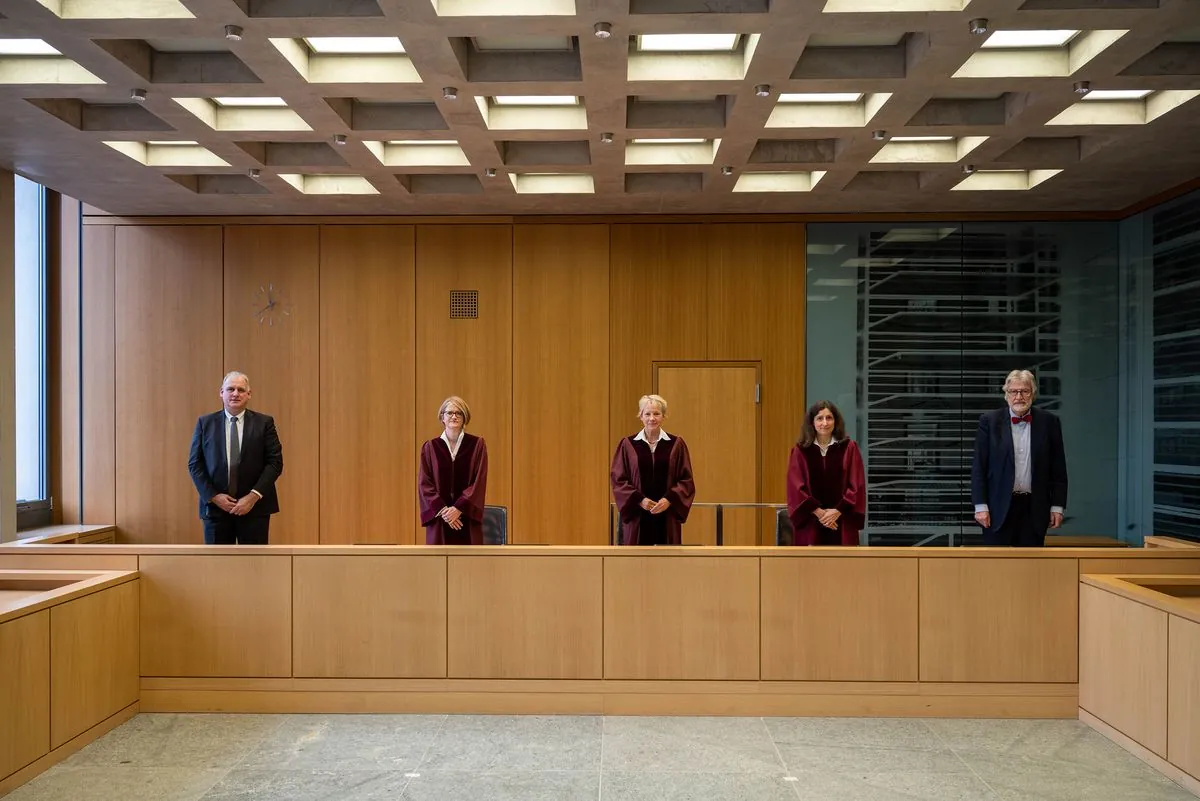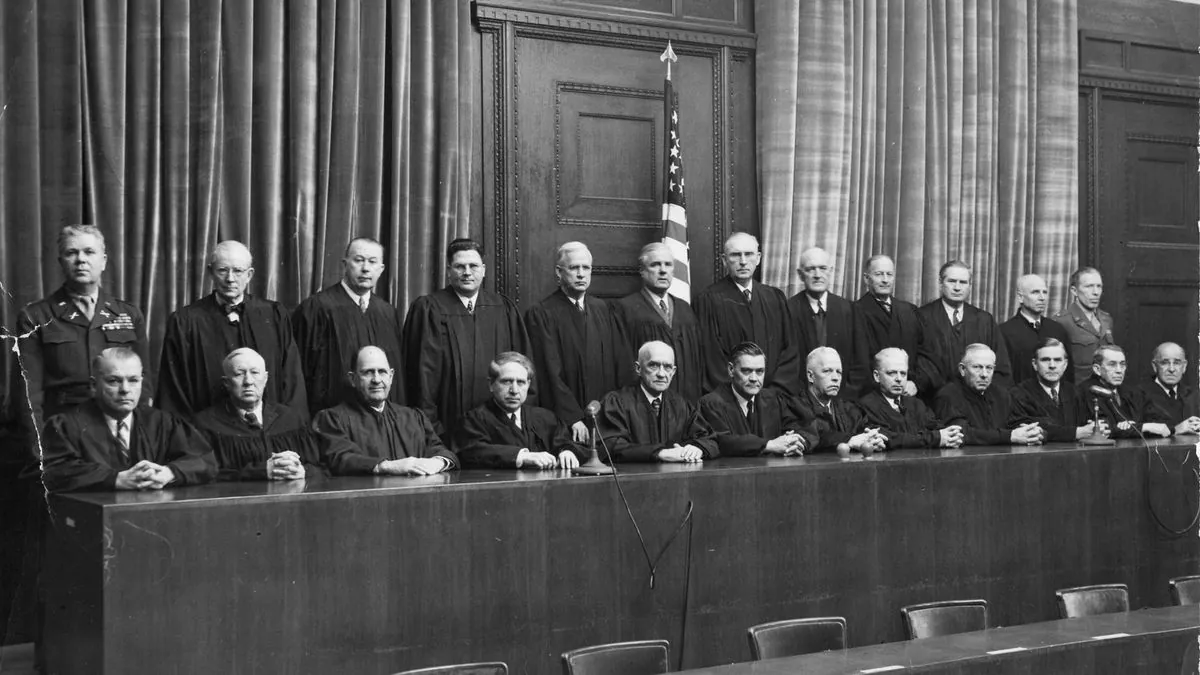German Court Lifts Ban on Right-Wing Magazine, Citing Press Freedom
A German court has temporarily overturned a ban on Compact magazine, known for its right-wing extremist views. The decision, based on press freedom, awaits a final ruling on the publication's legality.

In a recent development, a German court has temporarily lifted a publishing ban on Compact magazine, a publication described by the government as a "mouthpiece of the right-wing extremist scene". This decision comes as Germany grapples with balancing press freedom and concerns over extremist content.
The administrative court in Leipzig made this ruling on August 14, 2024, pending a final decision on efforts to outlaw the publication. The court stated that it was currently unable to determine whether Compact met the grounds for prohibition based on opposing constitutional order. This decision highlights the complex interplay between Germany's strict laws against hate speech and its commitment to press freedom, as guaranteed by the German Basic Law.

Germany's interior ministry had announced its intention to ban the magazine in August 2024. Compact, with a circulation of 40,000 and a significant social media presence, has been a subject of controversy due to its alignment with the radical wing of the Alternative for Germany (AfD) party.
The court acknowledged evidence of the publication violating human dignity but prioritized upholding a free press in its decision. This ruling reflects Germany's ranking as 16th in the 2023 World Press Freedom Index and underscores the country's commitment to journalistic independence.
Juergen Elsaesser, the editor-in-chief of Compact, expressed confidence in winning the overall appeal, viewing the court's decision as a victory. This case brings to light the ongoing debate in Germany about the limits of free speech and the role of the press in a democracy.
The situation surrounding Compact is part of a broader context involving the AfD's growth in recent years. Founded in 2013 as a Eurosceptic party, the AfD has evolved into one of Germany's main opposition forces, despite being under surveillance by the Federal Office for the Protection of the Constitution since 2021.
This case exemplifies Germany's concept of "wehrhafte Demokratie" (militant democracy), which allows for the banning of associations deemed to be against the constitutional order. However, it also demonstrates the challenges in implementing such measures while preserving democratic freedoms.
As Germany continues to navigate these complex issues, the final decision on Compact's legality will be closely watched, potentially setting a precedent for how the country balances freedom of the press with efforts to combat extremism.


































